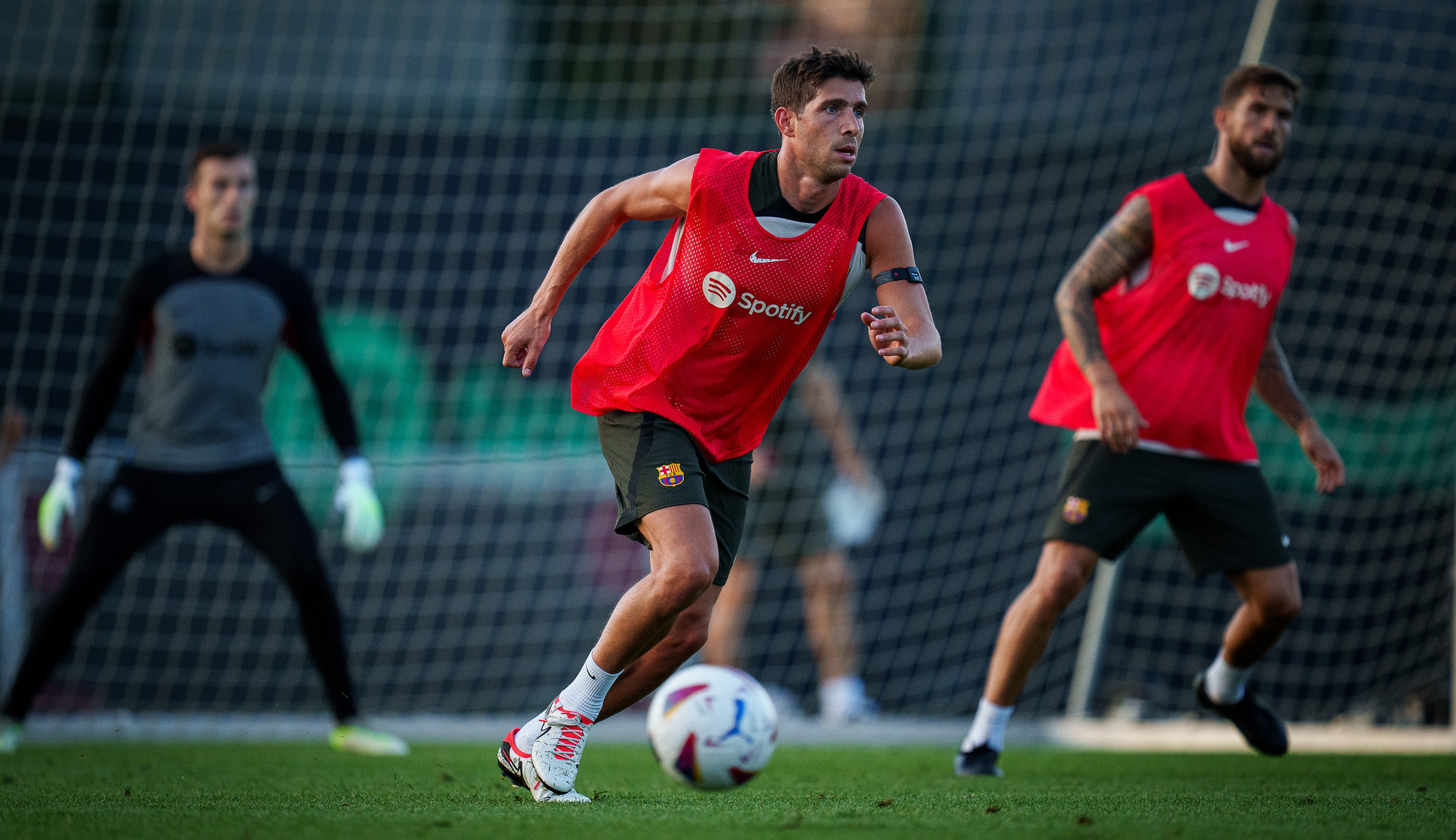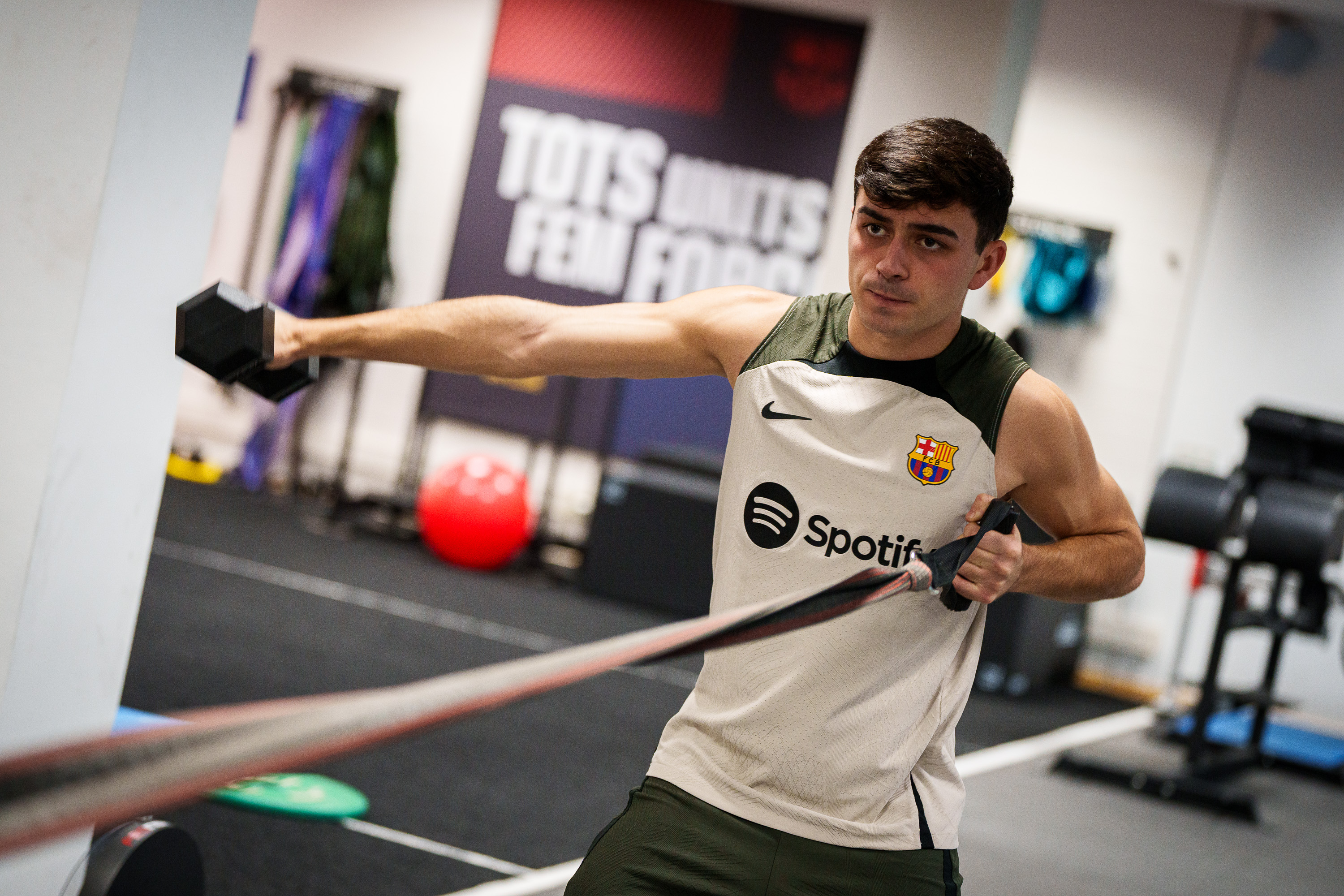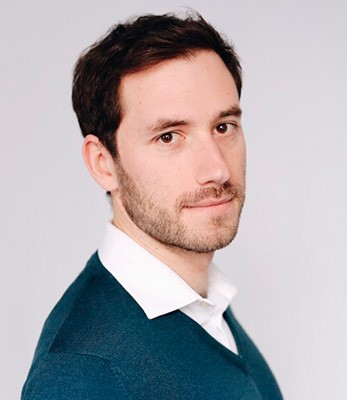
FC Barcelona is one of the world’s most successful football teams, having won nine Spanish league titles and three Champions Leagues in the last 15 years.
But the club is also looking to stay ahead of the game on technology, having set up a fully-fledged corporate VC arm which made its first three investments earlier this year.
“We have a lot of expertise in sports, but we think there is an opportunity for us to lead at the intersection of sports and health, sports and entertainment, sports and climate tech,” says Albert Mundet, general manager of Barça Innovation Hub.
One of the first investments Barça Innovation Hub announced in March was in Visualfy, which develops technology that makes it easier for people with learning disabilities to attend sporting events. The club’s inclusion team had been looking for ways to make its infrastructure more accessible, and Visualfy’s technology is now going to be installed in its offices and its stadium.
Another investment was in Oliver, which has created a ‘GPS tracker’ for footballers. Barcelona’s youth players can use the devices to get an earlier understanding of how to use performance data.
Mundet says the progression of quantitative data use has been the biggest change in top-level football he’s seen in the past seven years, but Oliver’s technology is affordable enough for semi-professional teams. It’s an example of how a huge club’s size and presence can help drive technology that filters down to the mass market.

“I don’t like to say that we are investing in sports tech. We are basically using sports and its capacity, and our branding and knowledge assets to unlock value in the intersection between these other sectors and sports, and bringing sports tech more to the general masses, for sports practitioners rather than just high-performance athletes,” he says.
A third investment, announced last month, was in Catalan startup Onalabs, which is developing a wearable device that can monitor health and sports performance through the analysis of sweat.
The club is also looking at building and infrastructure technologies that could be used in the renovation of its Camp Nou stadium, and has created a digital twin of the old one in partnership with a supercomputing centre in Barcelona.
The solution to tight finances? Media-for-equity deals
Barça Innovation Hub formally began investing in external startups this year, during a period where its parent club has been dealing with considerable pressure with its finances.
Launching a corporate investment arm may seem a strange move for a football club that is almost $1.5bn in debt, and has been forced to shore up finances over the last two years in a number of ways, from selling a percentage of future broadcast revenue to divesting part of its media production unit.
But the club isn’t spending any cash on these investments, at least for now.
“Right now, as a first phase we are doing media-for-equity deals,” says Mundet. “We are bringing our assets [in the form of] sponsorship that a lot of companies pay a lot of money for.
“We try to bring those assets to those startups that can help them grow. Of course, we also work with external investors that can deploy cash, and we have the ability to bring them the opportunity to also enter at the valuation where we enter, in a way that they can have exposure to companies we think that we can help grow.”
Innovation Hub also provides online education on subjects like innovation, talent promotion and development from a sporting perspective, operating those as a for-profit offering that can help pay for the running of the unit.
“So, we don’t have to take resources from the core corporations of the club, from money to invest in players for example, in order to bring it to this long term,” Mundet explains. “That created a sort of company within a club that is self-sustainable and that can invest resources on a long-term basis for the club itself.”
Bringing a scientific perspective to sports VC

Barça’s involvement with startups goes back to 2017, when Mundet formed an open innovation scheme to integrate technology from startups into the club and to co-create new solutions.
Over time, the open innovation model evolved putting resources into a startup incubator, potentially through developing intellectual property that could be licensed out or spun off into new companies. One of its incubated startups, athlete monitoring system developer Real Track Systems, was acquired in 2022 by US sports performance monitoring company Hudl. That success helped pave the way for venture investing.
“We always had the mindset of operating a corporate venturing arm,” Mundet says. “The problem was that from an internal standpoint, we were not ready to do so. After this incubator programme where we had five companies, we got a pretty good track record for understanding how we can manage our relationship with startups and more importantly, how we can provide and create value together with them.”
Mundet was originally a science writer, before moving on to tech transfer and ultimately innovation consultancy. As someone who doesn’t have a footballing background, it helps that he can see things from the outside the football bubble.
One of his biggest challenges is still to bring a long-term investment mindset to a club that can win or lose twice a week and is governed by 150,000 of its fiercest fans. That can result in short-term, often reactive decisions. The unit navigates the problem by combining services with more obvious near-term rewards, like the professional training, with longer-term activities which include venture investing.
“There is this mantra from some coaches, that you can hear in any press conference, which is that the most important thing is the next match,” he says. “And that makes sense in a competitive landscape like playing football, but on the management side we have to think more in long term-timescales.”
“But the reality is that a lot of the departments of the club really work on a three-day timeframe. So, when we put Barca Innovation Hub together, we wanted to create something that has the ability to navigate this environment and put the club on a long-term mindset.”
